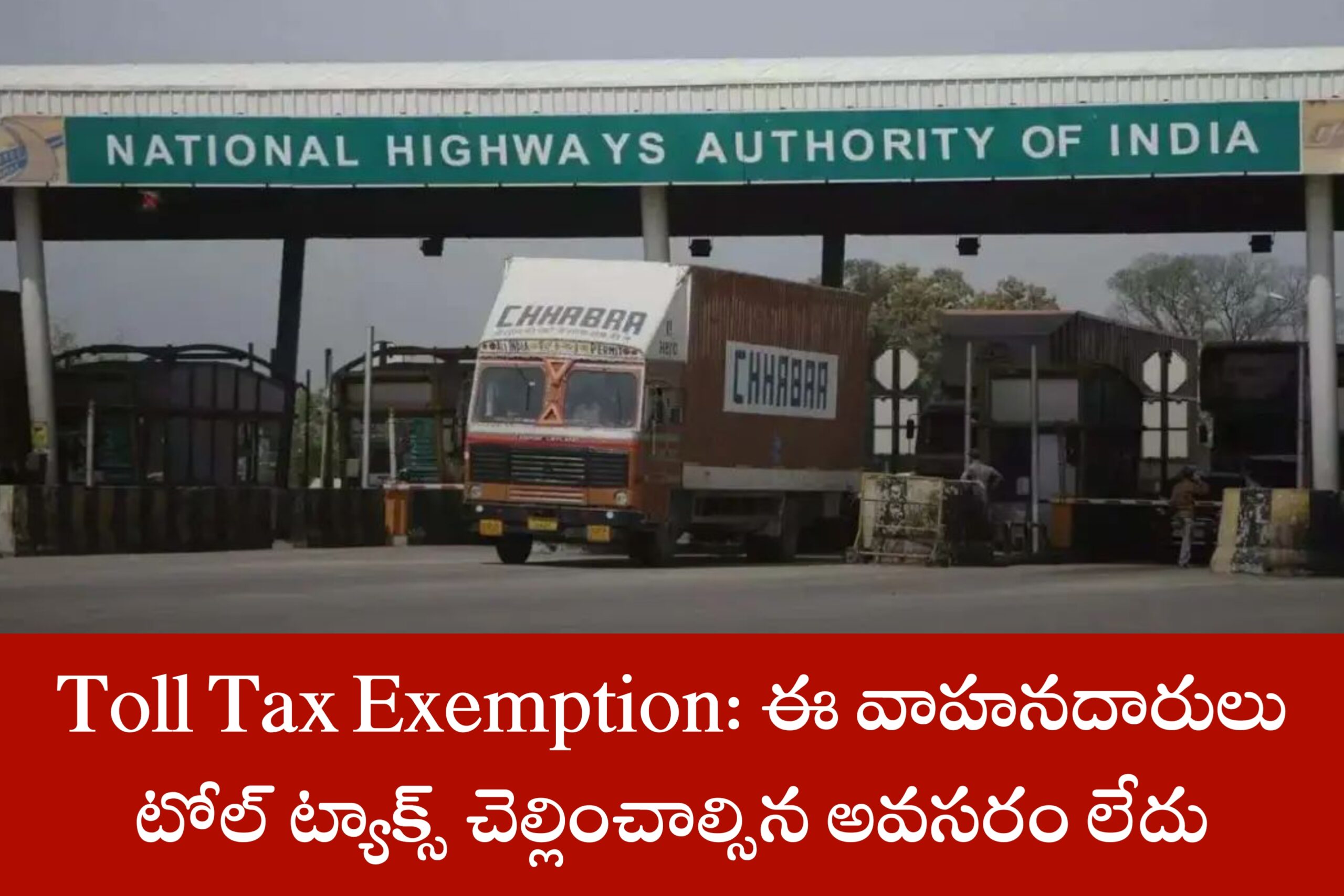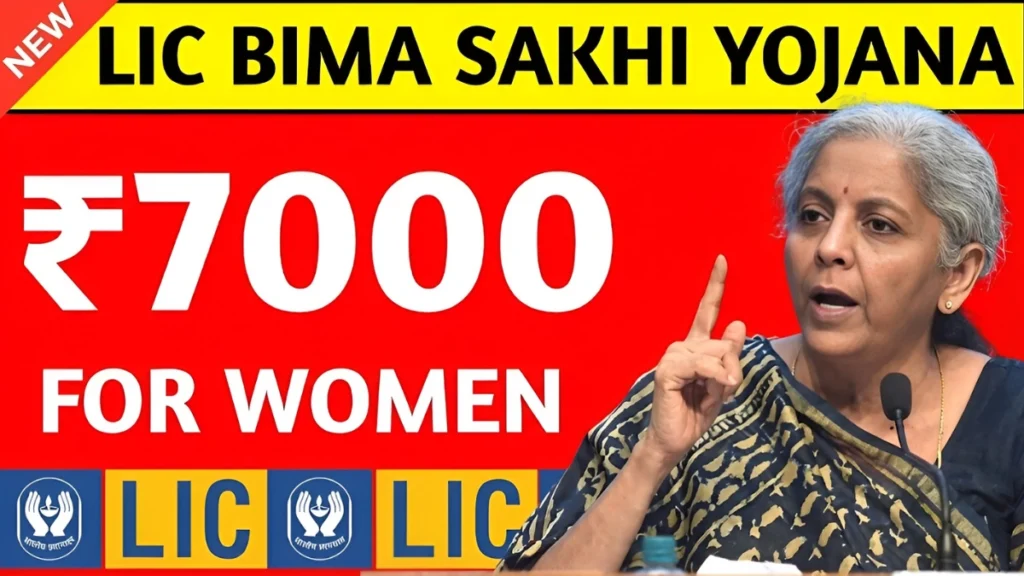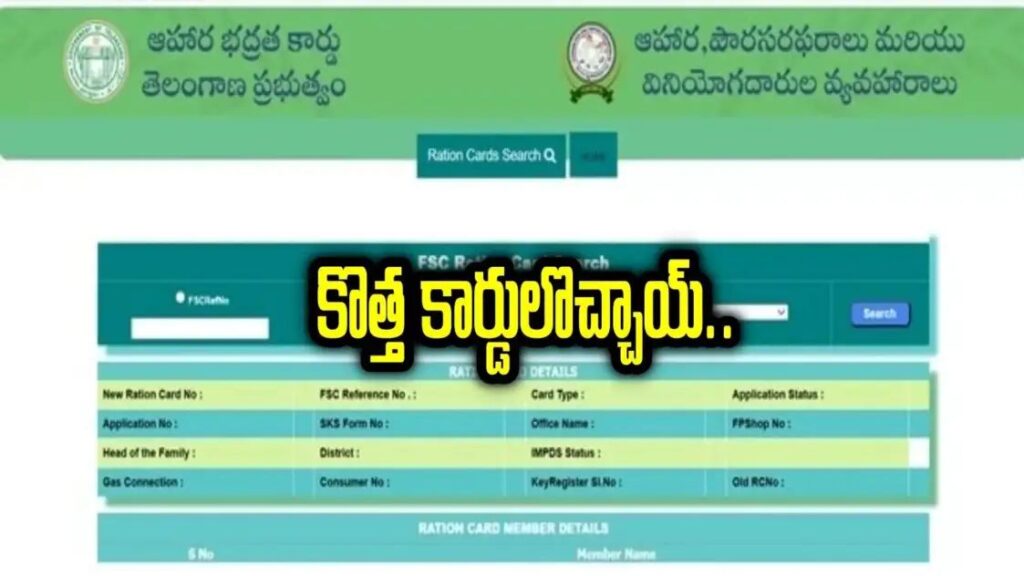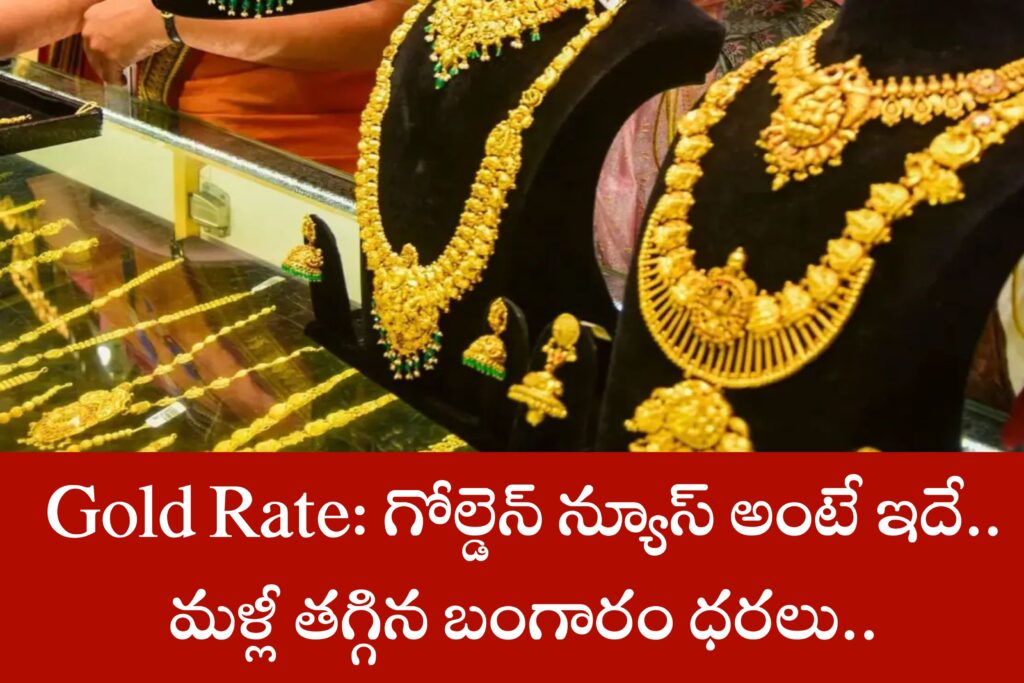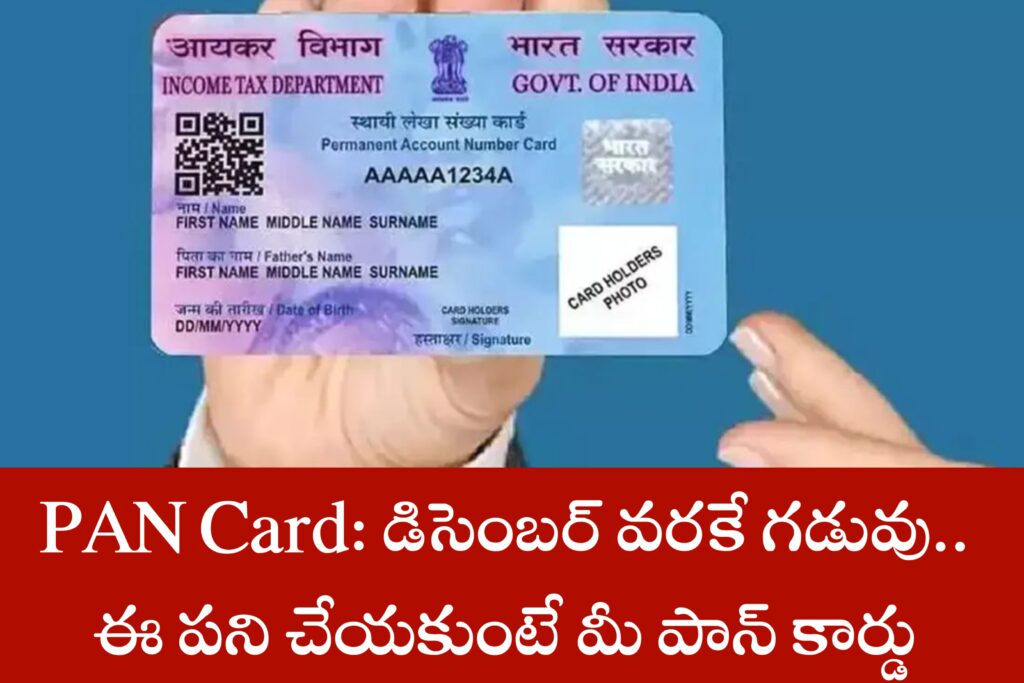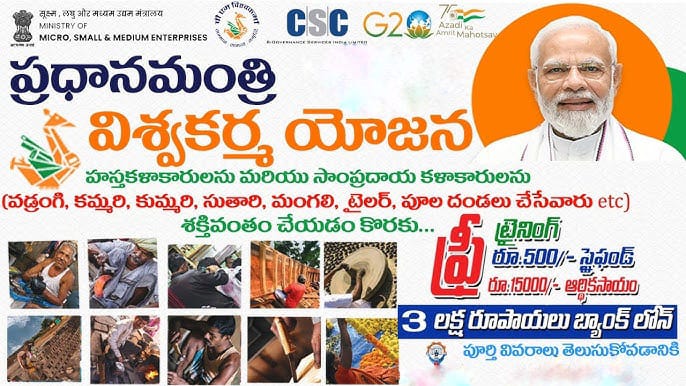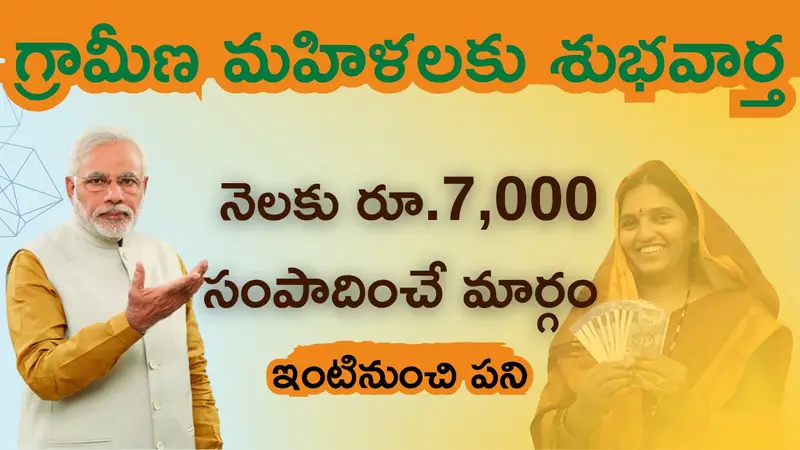Traveling on national highways often requires motorists to pay toll taxes, which are levied for the maintenance and use of various infrastructures such as bridges, tunnels, and highways. The National Highways Authority of India (NHAI) has established rules and regulations governing the collection of toll taxes, along with specific exemptions for certain vehicles and individuals. This article delves into the criteria for toll tax, exemptions available, and how these rules impact various motorists.
How is Toll Tax Determined?
Toll taxes on different road networks vary depending on several factors. The NHAI has set stringent guidelines for determining toll rates across India. The primary factors influencing toll tax are the size of the vehicle and the distance traveled.
- Vehicle Size: Larger and heavier vehicles like trucks and buses are required to pay more toll tax than smaller vehicles like cars. This is because heavier vehicles cause more wear and tear on the roads, justifying the higher toll rates.
- Distance Traveled: The toll is also calculated based on the distance covered on the highway, with longer distances incurring higher fees.
Exemptions: Who Doesn’t Have to Pay Toll Tax?
Certain vehicles and individuals are fully exempted from paying toll taxes under central government rules. The following categories benefit from a 100% exemption:
- Heavy Vehicles Used in Agriculture: Vehicles such as tractors, trolleys, and other agricultural vehicles are exempt from toll taxes on national highways and expressways.
- Two-Wheelers: Motorcycles and scooters are not required to pay any toll taxes when crossing toll booths.
Special Vehicles Exempt from Toll Tax
In addition to agricultural and two-wheeled vehicles, there are specific categories of vehicles that are universally exempt from toll taxes under all circumstances. These include:
- Emergency Vehicles: Ambulances, fire trucks, and other emergency response vehicles are not subject to toll taxes.
- Military Vehicles: Defense vehicles, including army trucks and cars under the direct control of the Defense Department, are exempt from toll taxes.
- VIP Vehicles: Vehicles carrying or escorting high-ranking officials such as the President of India, Prime Minister, Chief Ministers, Members of Parliament, and High Court Judges are exempt from toll taxes. Additionally, recipients of prestigious awards like the Param Vir Chakra, Ashok Chakra, Maha Vir Chakra, Kirti Chakra, and Shaurya Chakra are also exempt, provided they present a valid photo ID.
Regulations for Multiple Toll Crossings
The NHAI has also set rules for vehicles that pass through a toll booth multiple times within a 24-hour period. If a vehicle crosses the toll twice within 24 hours, it is only required to pay one and a half times the toll fee. For passengers who make multiple crossings within this period, the toll fee is capped at two-thirds of the total amount.
Conclusion
Understanding the rules and exemptions related to toll taxes is crucial for motorists frequently using national highways. By familiarizing themselves with these regulations, drivers can ensure compliance and take advantage of any exemptions that apply to them. Whether you’re operating a heavy vehicle, an emergency vehicle, or traveling as a VIP, knowing these toll tax rules can save time and money on the road.
